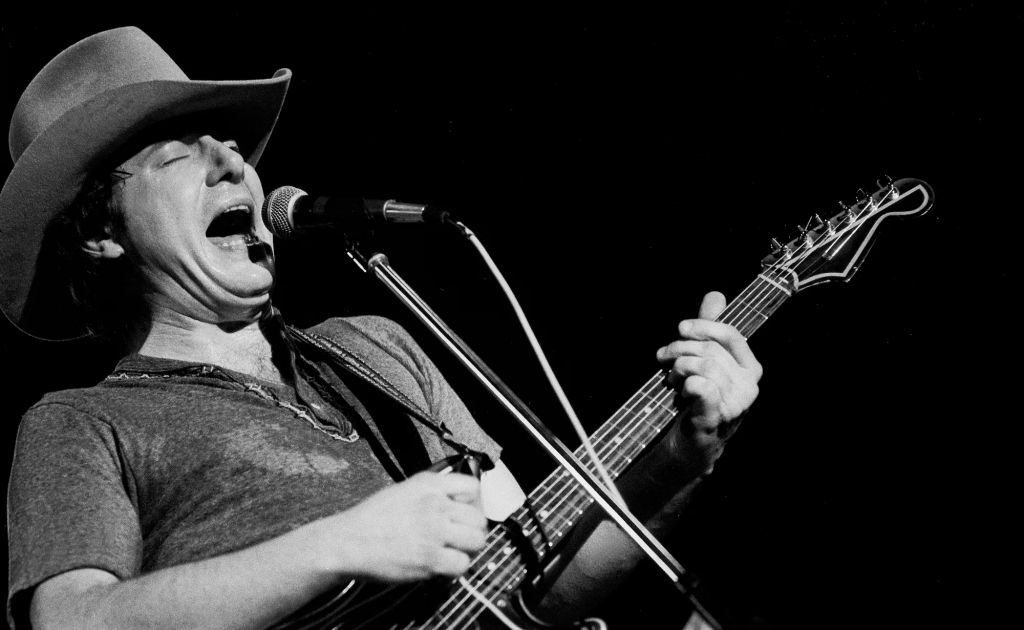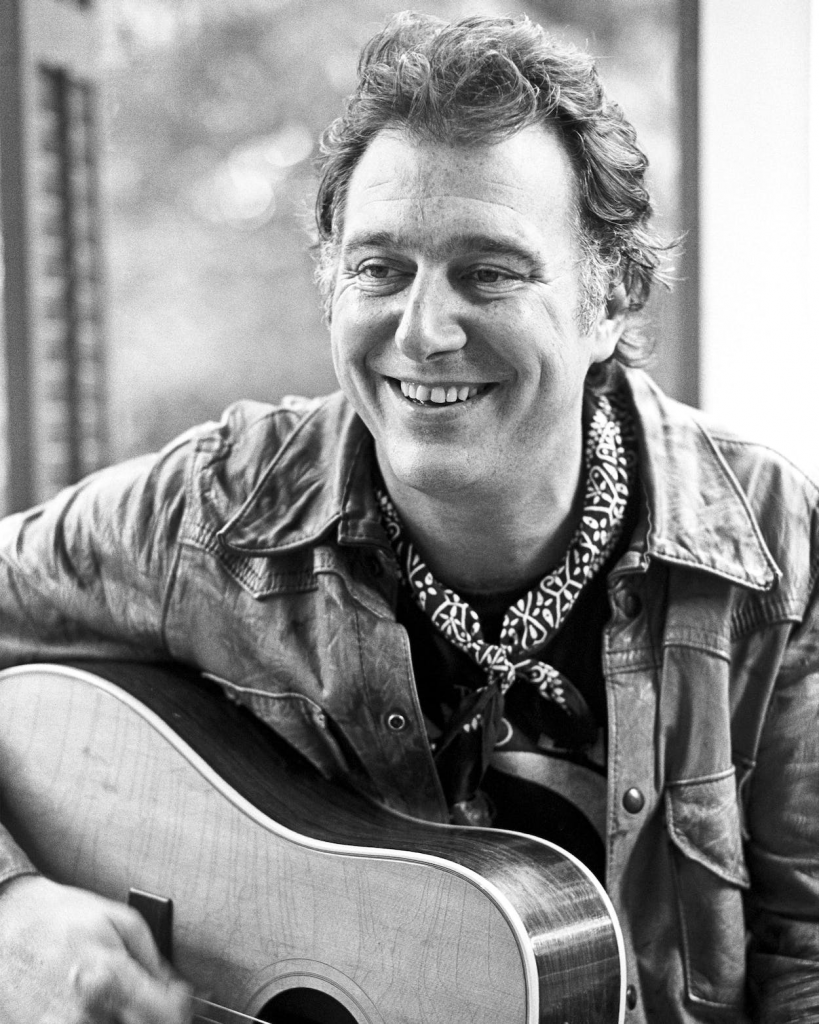Jerry Jeff Walker moved to Austin, Texas in 1971 and in the process helped reinvent a sleepy college/state capital town into a robust, music hotbed. He became recognized as the songwriter’s songwriter, an icon for independent artists and a guiding force for two generations of Texas roadhouse pickers. Walker’s influence on Texas music was clearly recognizable in the work of admirers ranging from Pat Green to Garth Brooks, and throughout the world his name is synonymous with the Lone Star State.

While Walker’s shadow is long, the success of the progressive country-rocker can be traced back to his native New York and the loving care of a grandmother who encouraged him, at age thirteen, to use the guitar as a means of developing self discipline. On the folk circuit of Greenwich Village, Walker learned how to spin an impromptu verse with a biographical yarn, borrowing from other artist’s catalogs to fill a chorus.

He lived life hard, full and freewheeling, especially in the 1960s and 70s and over the decades, he continued to pull inspiration from his surroundings and fleshed out material that has stood the test of time, including one of his earliest compositions, the beautifully poignant ‘Mr. Bojangles’ covered by everyone from The Nitty Gritty Dirt Band, to Bob Dylan & Sammy Davis, Jr.
He was driven to write the song after encountering a street performer who told him his life story while in a New Orleans jail in 1965. Walker was in for public intoxication.
The waltzing ballad can be seen both as a poignant portrayal of a performer past their prime and a mellow message about the demands put upon artists. Mr. Bojangles is asked to dance; he complies. It’s what he does. It is also what his audience wants and expects.
It’s not hard to imagine Walker seeing himself as Mr. Bojangles. The song had poetically morphed over the years into somber autobiography.
“I’m trying to write something that tells my story; write some songs that’re good and you understand; at least they’ll sing my memories,” said Walker.
From his legendary live recording in 1973, “Viva Terlingua,” through the final days of his life, Walker enjoyed the companionship of exceptional road and studio sidekicks, named in turn the Lost Gonzo Band, the Lost Sea and Gonzo Compadres. Thirty albums have been widely distributed over the years, each release adding further weight to the Gypsy Songman’s reputation as a solitary troubadour with a Midas touch. Despite performing for several presidents and collecting awards by the bushel, Walker chose to distance himself from the mainstream industry in 1986 to form his independent label, Tried & True Music
Along his journey, Walker gave his time generously and raised awareness for a myriad of causes. In this spirit, he and wife Susan started the Tried & True Foundation with the goal of founding a post-secondary, vocational school for aspiring artists “so that kids don’t get ripped off in the music business.”

Walker lived with the label, “country rocker,” which he claims was simply a result of strapping on an electric guitar while singing about outlaws, hard living and heartache, had nothing left to prove as an artist. He was that rare being who lives life according to his own rules and ends up on top, enjoying to the last what he playfully described his “portable occupation.”
In October of 2020 Jerry Jeff Walker passed away after a long battle with cancer, he was 78 years old.

Walker, he led off his last album, It’s About Time, in 2018 with That’s Why I Play. On it he sings that his grandmother gave him love and a Harmony guitar. “She said you need something in life to express who you are.”
Which he did, and we loved the story. It sure kept us on the edge of our seat for decades.
We knew a man named Jerry Jeff Walker, and he danced for us.
